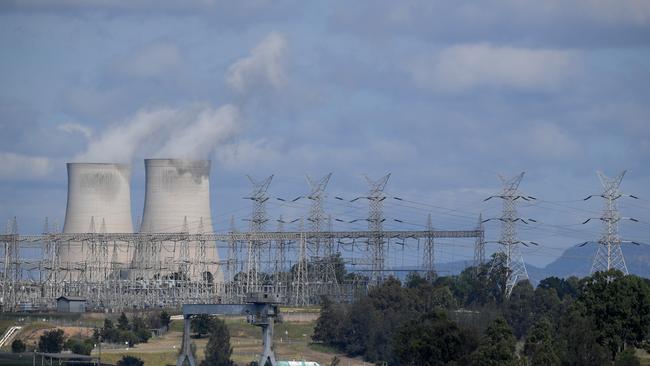
Both will seek to develop their skills and market share rather than immediate profits. Both will seek to maximise the use of databases to enrich customer relationships.
Other giants from the phone and petroleum industries may join them. For existing electricity retailers the environment the newcomers plan to create will be akin to the internet’s impact on the rivers of gold in print classified newspapers.
Origin, AGL, and EnergyAustralia have more than 60 per cent of the Australian electricity retail market so they are on the frontline. They will need adroit management to prosper in the new environment which won’t be easy to achieve because for more than 100 years electricity retailing has been an industry where the major players set base prices on a cost-plus basis. This led to high cost operations that did not take advantage of the incredible databases they had assembled.
Newcomers came in with low price offers but the majors held their ground. But Shell and Telstra are powerful companies with long term agendas. The existing power companies will now require a different low-cost approach to management which is always a very painful process.
Shell and Telstra enter the consumer power retailing industry with low emission agendas. But they come from different directions so each will adapt different techniques to attack the existing majors. They share a common heritage – in recent years they have shed their old base businesses.
Telstra is no longer bound by a network of wires while Shell no longer has a retail petrol fuel business in Australia although it exports gas from the Northwest shelf. The “Shell” petroleum products operation has been sold in Australia although Shell operates similar businesses overseas.
Within a decade electric cars will dominate all new car sales so Shell is returning to the automotive refuelling business via electricity distribution to homes and industry Many homes will have power car charging facilities so power retailers will take over a lot of business from the petrol distribution companies. Of course, given the brand “Shell” is still being actively promoted in petroleum distribution by its new owners, the soon to be UK-based Shell giant will not find it easy to promote environmentally friendly electricity.
However, Shell is already one of Australia’s largest electricity marketers to commercial and industrial enterprises.
As part of its entry into the consumer market, Shell has partnered with Infrastructure Capital Group to acquire from New Zealand’s Meridian Energy group electricity retailer Powershop Australia for around $730m.
Shell will acquire Powershop’s 185,000 customer base, while ICG will take over the Meridian group’s wind farms and hydropower stations.
Because of its concentration on wind and hydropower, Powershop developed much of its customer base from the support of green groups. Shell received a taste of what is ahead when the green groups were horrified that the electricity company they had supported was suddenly owned by “the evil” Shell. They will recommend that their customers go elsewhere.
Accordingly, the Australian retail electricity market is set to be a global learning curve for the UK company.
Shell is ahead of most energy companies in understanding Australia’s enormous potential to be a carbon sink via its agricultural land where the carbon storage process can improve farm productivity and returns.
Shell Australia last year acquired Select Carbon which partners with farmers, pastoralists and other landowners to develop carbon farming projects throughout Australia.
At the time of acquisition, Select Carbon had developed a portfolio of over 70 projects covering about 9 million hectares across different ecosystems and agricultural uses. The carbon credits generated through Select Carbon’s projects are either sold through the Australian Government’s Emissions Reduction Fund or on global markets.
In some ways the Telstra strategy is more straight forward than Shell because it carries no past baggage. Its base conclusion is stunningly simple – in the future most households will need only two base input services – internet/telecommunications and electricity, which would encompass car fuel. The two base input services are remarkably similar.
While Telstra’s big challenge is making sure that its database can efficiently handle both services, the combination of power and telecommunications services being distributed using the same systems will provide data of incredible value. The privacy rules mean customers must agree to their data being used for marketing.
A great many people will be happy to allow this to happen in exchange for very cheap power prices or an attractive total package of power and telecommunications. That opens up marketing potential of immense value.
For example a service provider in that situation will be able to tell customers, which appliances best suit their usage patterns; how to automate heating and cooling; and a raft of other services.
All of us can sense that we are going further into the new world but the Shell and Telstra strategies will hasten that journey.




The global Shell group and Telstra both confirmed their looming entry in the Australian electricity retail market last month. The power and ambition of these two new electricity retailers will transform the industry.